It used to be that an average Saturday meant errands. If you were a parent in the 1990s or early 2000s, you might spend the entire day in motion—buying groceries, picking up sporting equipment, finding a new outfit for a kid’s recital, or navigating the aisles of a big-box store in search of light bulbs and dog food. You didn’t need to plan your Saturday. The errands were the plan.
Fast forward to today. Virtually all of those tasks can now be accomplished on your phone before you finish your first cup of coffee. What once took six hours now takes six minutes.
So here’s the question that nags at me: What are we doing with all that saved time?
Technology has bought us back hours, days—maybe even weeks—each year. But most people I know don’t feel like they have more time. In fact, they feel more pressed for time, more anxious about how they’re spending it, and more distracted than ever. The very tools that promised to liberate us from the mundane have heightened our sense of urgency and restlessness. We’re free from errands but tethered to our screens. The result isn’t freedom; it’s a new kind of tyranny—one governed not by tasks, but by the expectation that every moment be optimized.
In theory, we should be basking in this newfound time. The productivity revolution—online shopping, same-day delivery, smart calendars, automated subscriptions—was supposed to give us space to think, relax, and reconnect. But we don’t seem to be using that space for reflection or rest. Instead, our time has been fragmented into micro-moments, most of which we fill online with scrolling, absorbing others’ outrage, and performative opinions.
And not just consumption—we’ve become contributors, too. We post, we record, we write newsletters. We’ve filled the void with content creation. But all of it adds to our anxiety, because now we have time to stew on every reaction, every like, every perceived slight.
The Bureau of Labor Statistics reports that the average American adult now spends over five hours a day on leisure and sports activities. That sounds promising—until you realize more than half of that is spent watching television. Younger Americans are devoting their time increasingly to gaming and social media. Almost nobody spends it reading. Even “leisure,” in the language of the survey, includes exercise—something most people now schedule like a chore.
If we’re being honest, very little of this time feels restorative or communal. Much of it feels empty—or worse, like it’s just waiting to be filled with something loud enough to make us feel alive again.
Which brings me to politics.
Could it be that polarization is, in part, a byproduct of all this liberated time? That we used to be too busy to get so performatively angry about national politics? That we didn’t need to define ourselves by political or cultural identity because we had other ways—community, work, family routines—to define purpose? We interacted with a broader range of people in our physical communities, which made it more likely we shared a common reality.
Let me float a comparison: retirees. They are the demographic with the most available leisure time. And yet, retirement literature is full of advice on combating boredom, isolation, and loss of identity. Without a job or daily schedule, many retirees struggle to know what to do with themselves. How many of us have stories of parents or grandparents who changed after watching too much Fox News or MSNBC? Could it be that our technologically liberated culture is unintentionally turning all of us into early retirees—free from the burdens of time, but unmoored from its structure?
The irony is painful. We have spent decades chasing efficiency, believing the problem was having too much to do. But it turns out, the harder challenge is knowing what to do when there’s nothing we have to do.
This might sound like nostalgia for a time when people were too busy to be “informed.” But that’s not quite it. I’m not advocating a return to rotary phones and crowded mall parking lots. I’m simply suggesting we underestimated what those mundane rituals actually gave us: not just structure, but insulation. Running errands was time-consuming—but it was also time spent away from screens, away from abstraction, away from ideological war. Circulating physically throughout your community grounded you in reality in a way that hanging out in the virtual world does not.
Today, even leisure feels like labor. Every moment has to be optimized or posted. And when there’s a lull? We default to our phones. To arguments. To consumption. We’re bad at being bored, and worse at being still.
We used to lose time looking for soccer cleats. Now we lose time looking for meaning.
But maybe, just maybe, the next generation will show us a way out. Gen Z—shaped by the isolation of the COVID era—seems to be pushing back against digital saturation. You can see it in the way they’re choosing big southern state schools over smaller, cloistered campuses. They’re leaning into community, tradition, shared rituals. Look at how Taylor Swift concerts became a calling for Gen Z. Tailgates over Twitter. Real presence over curated performance.
The Zoomers may be onto something. Because it turns out the real challenge isn’t that we have too little time—it’s that we have so much of it, and no shared map for how to spend it.
We chased efficiency thinking it would buy us freedom. But freedom without purpose isn’t peace. It’s drift. And in that drift, politics becomes entertainment, outrage becomes identity, and distraction becomes a full-time job.
Until we figure out how to give our time meaning again, we’ll keep mistaking movement for direction—and keep scrolling past the very connection we claim to be seeking.
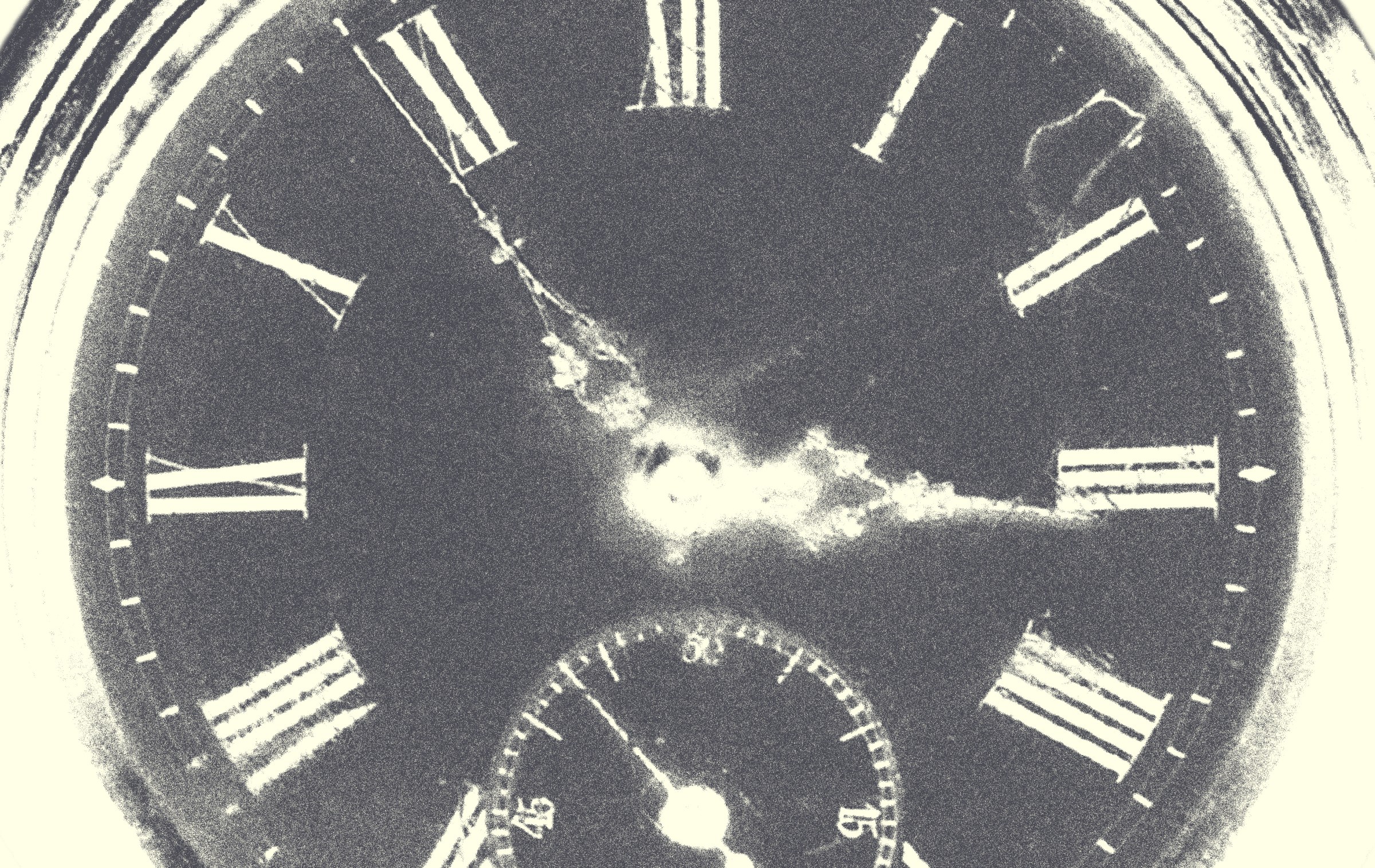
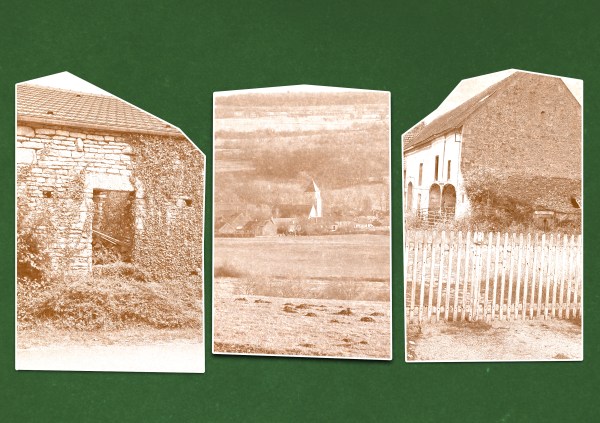
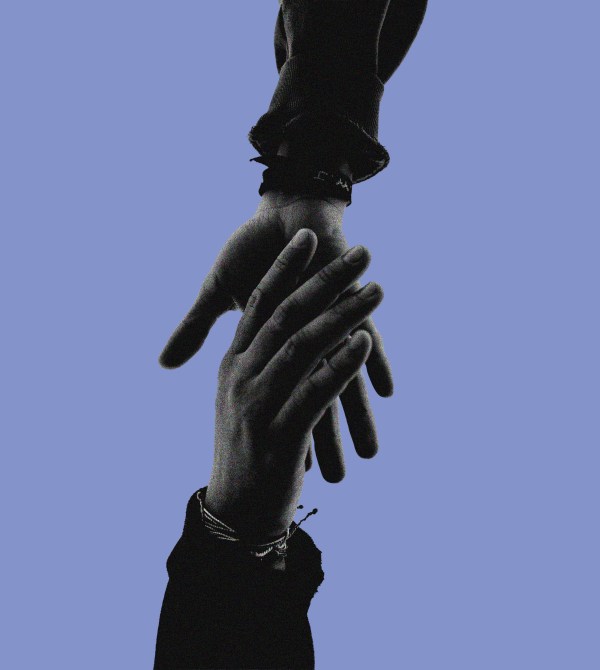

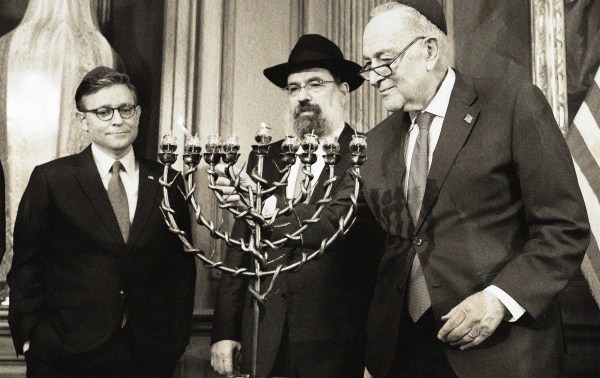
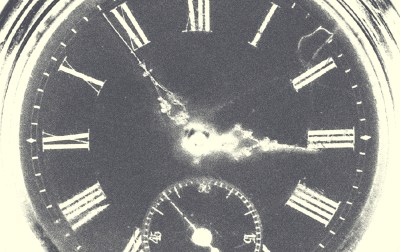
Please note that we at The Dispatch hold ourselves, our work, and our commenters to a higher standard than other places on the internet. We welcome comments that foster genuine debate or discussion—including comments critical of us or our work—but responses that include ad hominem attacks on fellow Dispatch members or are intended to stoke fear and anger may be moderated.
With your membership, you only have the ability to comment on The Morning Dispatch articles. Consider upgrading to join the conversation everywhere.